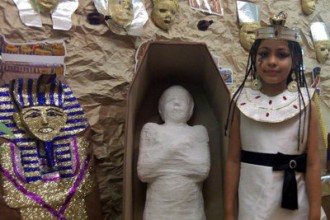Last month I wrote about the launch of the new high school at Milwaukee Public Schools’ high-performing and in-demand Golda Meir School in Brewers Hill.
The school already has a relationship with Milwaukee School of Engineering and hopes to expand that connection.
On the heels of that I received related news that a team of middle school students from Golda is one of two Wisconsin school teams among 80 winners in the Verizon Innovative App Challenge. (The other school is Washington Island High School, on, well, Washington Island.)
Now in its second year, the challenge is a national competition that encourages students to create a mobile app that addresses an issue or need in their school or community. This year’s event elicited nearly 800 app ideas.
The Golda team of 7th graders – Victoria Aguado, Phoebe Odegaard, Claire Gerlach, Natalie Redding and Allison Gatz – based in the school’s upper campus, where the middle school is located and where the high school opens next autumn, contributed an app called Virtual Energy House 101 that teaches energy conservation.
Their elder colleagues on Washington Island created Infinite Tutor to offer students round the clock access to their teachers and homework.
“We saw some fantastic creativity and innovation in the first Innovative App Challenge last year, and this second competition is shaping up to be similarly exciting,” said Verizon’s Andrea Meyer.
“It is delightful to see children as young as 6th graders identifying problems and conceptualizing solutions that can be developed into a usable app.”
One middle school team and one high school team win from each state and move on to a regional competition and, hopefully, the national event.
The Best in State teams will get access to a self-guided app development course developed by MIT Media Lab’s App Inventor team. They will be able to complete and test their apps with a faculty advisor.
The best in state teams move to the regionals on Feb. 4. Then, 24 teams will win $5,000 for their school, and advance to the nationals on Feb. 19. Eight winners there will get $15,000 to support STEM (science, technology, engineering and math) curriculum in their schools.
Team members will each get a free tablet and will head to Washington, D.C., in June to present their apps at the 2014 National Technology Student Association Conference.

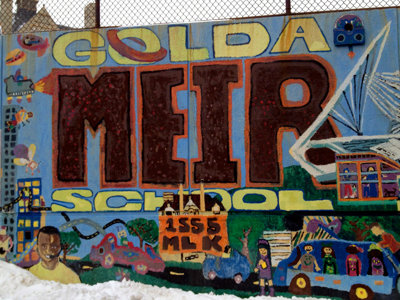
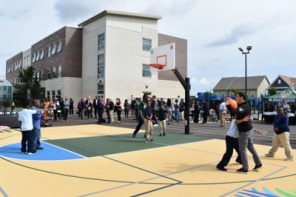 i evaluate to yes even if there's no image
i evaluate to yes even if there's no image 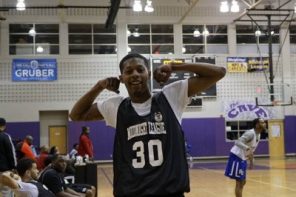 i evaluate to yes even if there's no image
i evaluate to yes even if there's no image 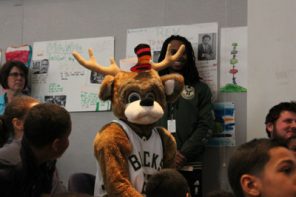 i evaluate to yes even if there's no image
i evaluate to yes even if there's no image 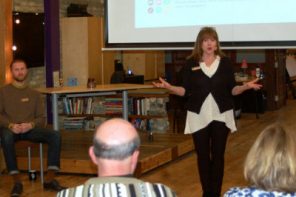 i evaluate to yes even if there's no image
i evaluate to yes even if there's no image 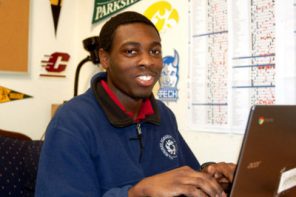 i evaluate to yes even if there's no image
i evaluate to yes even if there's no image 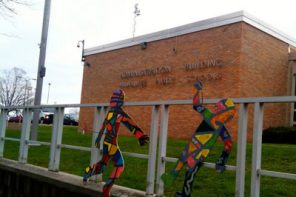 i evaluate to yes even if there's no image
i evaluate to yes even if there's no image 